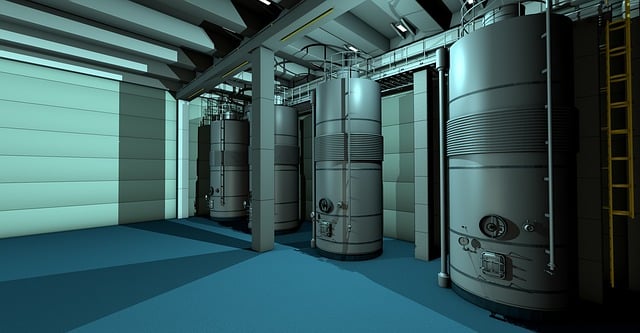

If you’ve ever dealt with a broken-down boiler, you’ll know just how terrible the experience can be. Fixing a boiler can be one of the most stressful encounters you’ll ever have to deal with and the cost is pretty high. Hence, boiler insurance is a great idea and you’ll be able to take care of everything if ever something goes wrong. With that said, coverage is only worthwhile for up to 3% of persons who purchase it.
Before you rush off to get boiler cover it’s a good idea to enquire from your company if you’re already covered. So, read on as we dive into everything you need to know.
Do You Already Have Boiler Coverage?
In some instances, your boiler can be covered without any prior knowledge. If for some reason your boiler is under warranty or was recently replaced, there’s a good chance that it’s still under warranty. A boiler warranty can last for up to a whopping 7 years depending on the manufacturer.
Additionally, if you’re renting then the boiler on your property falls into the landlord’s hands. Hence, they are responsible for boiler maintenance. Besides those mentioned, your regular home insurance coverage plan may have a special section that pertains to your boiler. If for some reason none of these are applicable, then you’ll need to consider a series of factors.
The Condition And Age Of Your Boiler
If you bought a home with a boiler or you’ve had one for a long time, you can expect that it may break down at some point. In the case of a really old system, coverage may be difficult to acquire and most insurers don’t provide coverage for boilers that are over 15 years of age.
Besides age, most companies tend to require some form of inspection before they provide any coverage at all. As such, finding coverage may be rather difficult. Besides the concept of old age, new boilers break all of the time. Studies have indicated that up to 50% of breakdown occurs within the first 6 years of use; however, this tends to decrease when you purchase from a highly rated manufacturer.
It Just Might Be Time For An Upgrade
Replacing your old boiler is one of the best investments that you can ever make. While some can cost upwards of £2,500, the benefits are worth it. The biggest benefit is the reduced cost of repairs and the fact that it’s more energy efficient. When you upgrade to an A-rated system, you’ll save a ton each year on your energy bills.
How Much Does Coverage Cost?
On average, the cost of insurance for your boiler can range from either £5 to £20 on a monthly basis. However, the total value is dependent on what you want from your coverage. If for some reason you don’t have insurance, then you should expect to spend a small fortune on even the smallest of repairs.
Some boilers can cost anywhere from £150 and up for some very small replacement actions. These include fan replacements and even twice that for replacing your heat exchanger. Additionally, you’ll need to factor in the cost of hiring a plumber and the VAT associated.
Other Things To Keep In Mind
While most homes can be insured, there are still some exceptions. These include the following:
* Bedsits
* Mobile homes
* Commercial properties
Annual Boiler Service
Just like any piece of machinery that requires maintenance, your boiler will need to be serviced. However, insurers don’t pay when boilers break down due to negligence.
Gas Safety Certificate
If you’re renting or you own a home, a gas safety certificate is a huge deal. Either you or your landlord will be required to ensure safety checks are performed on gas appliances and boilers.
In Conclusion
Purchasing boiler coverage is dependent on whether or not you’re concerned with the price. However, it is recommended that you do pay for coverage to avoid hefty bills in the future. If your boiler is new, then it’s a good idea to pay smaller premiums if ever something goes wrong.
When it comes to selecting a plan, be sure to check various companies and compare the benefits and the cost. If you’re unsure, you can just check online for reputable companies.





